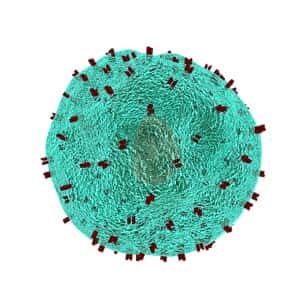
There has been good news recently on the vaccine front. Both Pfizer and Moderna have reported impressive efficacy for the COVID vaccines they are developing. It will still take some time, however, before large numbers of people can be vaccinated. Moreover, many people wonder how long they might stay immune to COVID-19 after vaccination. The natural history of this disease offers some clues. So far, they are promising.
People Are Immune to COVID-19 for at Least Six Months After Infection:
Projecting protection from immunization will be easier if we know how the immune system reacts to natural infection. To find out, scientists at the La Jolla Institute of Immunology measured immune system cells and their response to the SARS-CoV-2 virus at various times after infection (BioRxiv, Nov. 16, 2020). They studied blood samples from 185 people who had recovered, including 41 whose infection dated back six months or more.
The IgG responding to the coronavirus spike protein was stable for more than 6 months. This is especially heartening since both of the mRNA vaccines utilize the spike protein to trigger an immune response.
According to the researchers,
“Spike-specific memory B cells were more abundant at 6 months than at 1 month.”
T cell memory also appears to be long-lasting, although the numbers of T cells specific to SARS-CoV-2 declined over several months. Each component of the immune system appears to have its own timetable. Moreover, not all patients reacted exactly the same way.
However, as Shane Crotty, one of the lead investigators, told The New York Times,
“That amount of memory would likely prevent the vast majority of people from getting hospitalized disease, severe disease, for many years.”
The study was posted to BioRxiv, so it has not yet been peer-reviewed. On the other hand, these encouraging findings are consistent with those that other immunologists have been reporting.
To learn more about the prospects for vaccines, be sure to listen to our interview with Dr. Paul Offit on November 21, 2020.
Citations
- Dan JM et al, "Immunological memory to SARS-CoV-2 assessed for greater than six months after infection." BioRxiv, Nov. 16, 2020. doi: https://doi.org/10.1101/2020.11.15.383323

